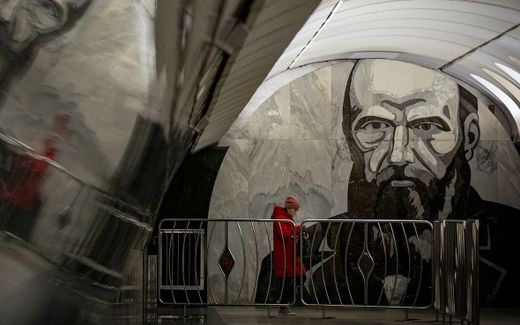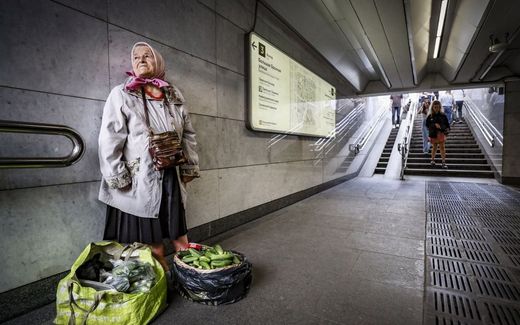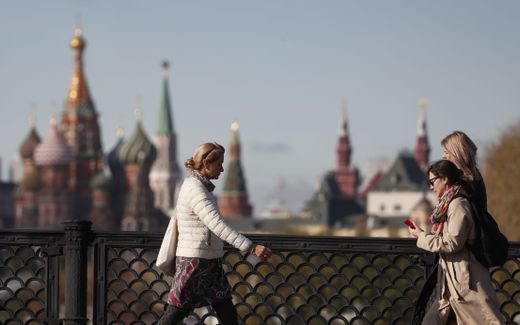Let’s reserve the word crisis for Ukraine and Covid-19
06-12-2022
Opinion
Evert van Vlastuin, CNE.news
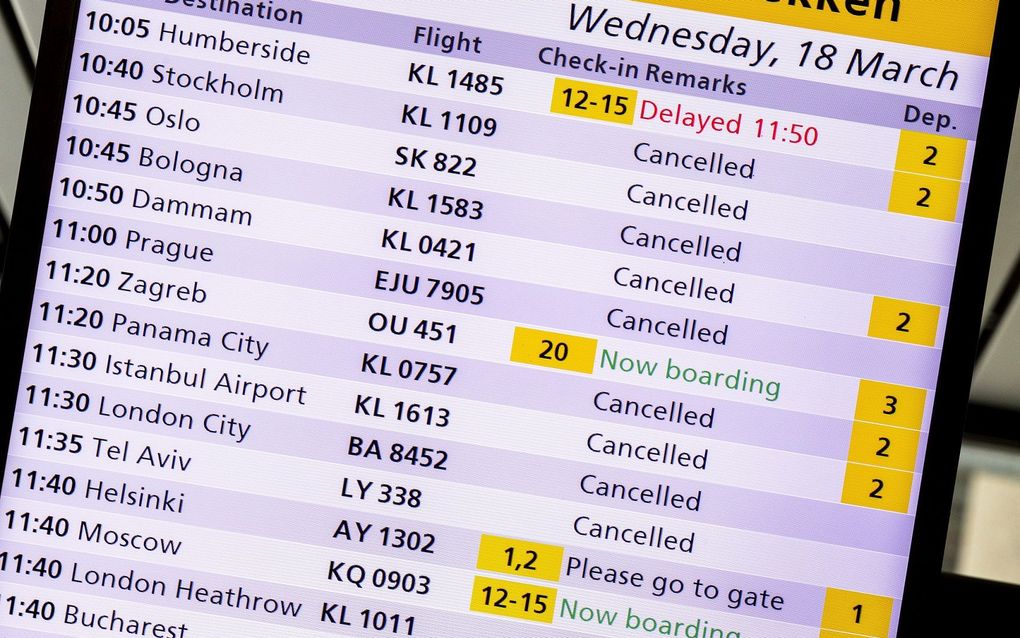
Covid-19 was a real crisis in March 2020. Even the planes were grounded. Photo ANP, Remko de Waal
Opinion
A few weeks ago, I spoke to a young Ukrainian woman whose mother tongue is Russian. For her, that was never a problem. Despite political pressure to speak Ukrainian, she had simply continued to use Russian. She did not see that as a betrayal.
But when I met her, she had since switched to Ukrainian; not only outside on the streets but also in the home. For her, that is a way of distancing herself from the Russian invasion of her country. Until 24 February, she wanted to be part of Russian culture –because language is the most important expression of a culture– but not after that. Now, she would see that as a betrayal.
So the Russian invasion is a turning point for her. A kind of T-junction. She could no longer go straight and was forced to make a choice. She was forced to choose which way she was to turn. She decided to leave her mother tongue behind. A painful choice that only those who have ever done the same will recognise. You could just explain it as a betrayal.
Predict
Just as for her personally, that invasion was a turning point, so is it on the grand scale. Until shortly before 24 February, I believed Putin would not go to war. But I was wrong about that. For that reason alone, I am not qualified to predict how this war will end.
But I do expect this: this conflict will lead to a turning point in relations in Europe. The same cannot be said of Russia's invasion of Georgia in the summer of 2008. After that, we quickly fell back to the old normal anyway. So that did not become a turning point. But there is too much going on for that now. Just so our grandchildren will learn about this war in their history books.
For such a decisive turning point, we have a word: crisis. On 24 February, everything in Ukraine suddenly stopped: Bang! It was simply a disaster. As if a concrete block had been put on the road: Stop! And then implacably.
Power supply
Then a crisis is not a crossroads but a kind of T-junction where you cannot continue. Eventually, of course, you move on. We see the same thing now in Ukraine. Trains continue to run –as best they can– as usual; the power supply is under pressure but has still not completely stopped.
The world will never be the same again. That is true of all real crises and certainly of 24 February.
Intense
We had precisely the same kind of crisis in March 2020. Because of corona, all life suddenly came to a halt: people were not allowed to go to the office, children were not allowed to go to school and even visiting your old mother was unwanted. Suddenly traffic jams, with which we are so familiar, disappeared, and even planes were grounded. That coronavirus, too, was such a concrete block on the road: bang, quiet!
Quite intense, such a crisis. Something happens that you have hardly experienced before. And although even after corona, much went back to the old normal, some things really changed.
Turning point
Am I mistaken, or is crisis a common word today? I often hear about crisis where I cannot detect disaster. Take the shortage in the labour market called the personnel crisis. That one is tough, but surely not comparable to Ukraine or corona. And once you have your people, you carry on as usual; no turning point. To use the word crisis for that is misplaced.
Is the commodity and supply crisis really a crisis, or is there just scarcity? We also have the crisis shelter which is itself in crisis, but isn't this just management? Of course, the word climate crisis is a very special one. Experts expect it to be coming, but it is far from here. There are some natural disasters connected to this. But is it right to speak about a crisis already?
Urgency
Perhaps we like to use the word crisis because it speaks of urgency. You take things seriously –it is something serious!– and for that reason you like to use it when you want to get something done.
As far as I am concerned, we therefore reserve the word crisis for major disasters that put a concrete block on the road. And of which you can later say: after that, the world has never been the same again.
Evert van Vlastuin (1972) has been working as a journalist since the early 90s.
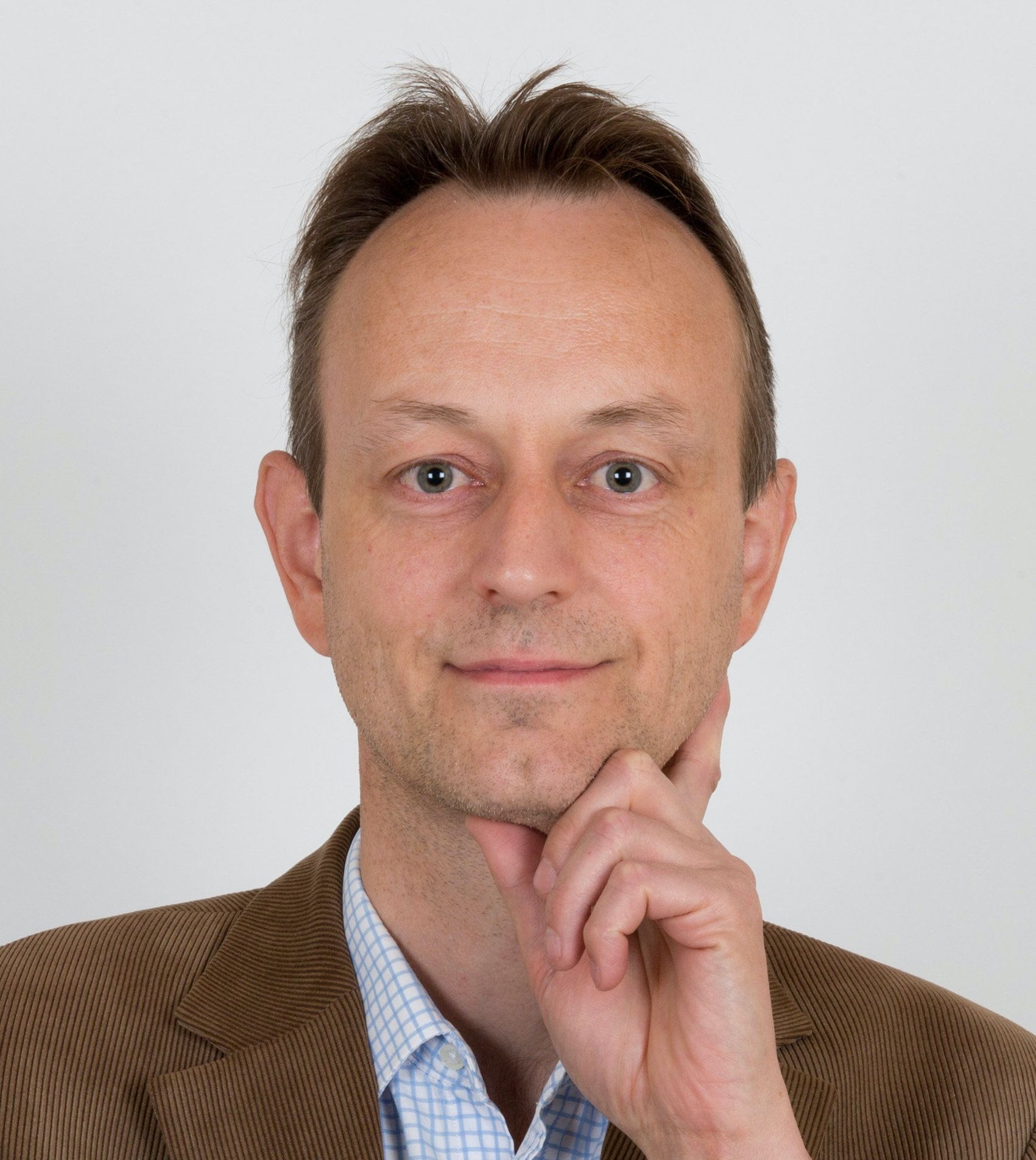
He has interviewed several Nobel Peace Price winners as the former South African president F. W. de Klerk and two leaders from Northern Ireland, John Hume and David Trimble.
From 2001, he worked as a foreign news reporter for the Dutch Reformed Daily. For that, he travelled to Kyiv during the Orange Revolution and to Moscow for some elections. Since 2021, he works as managing editor for the start-up CNE.news.
Related Articles


